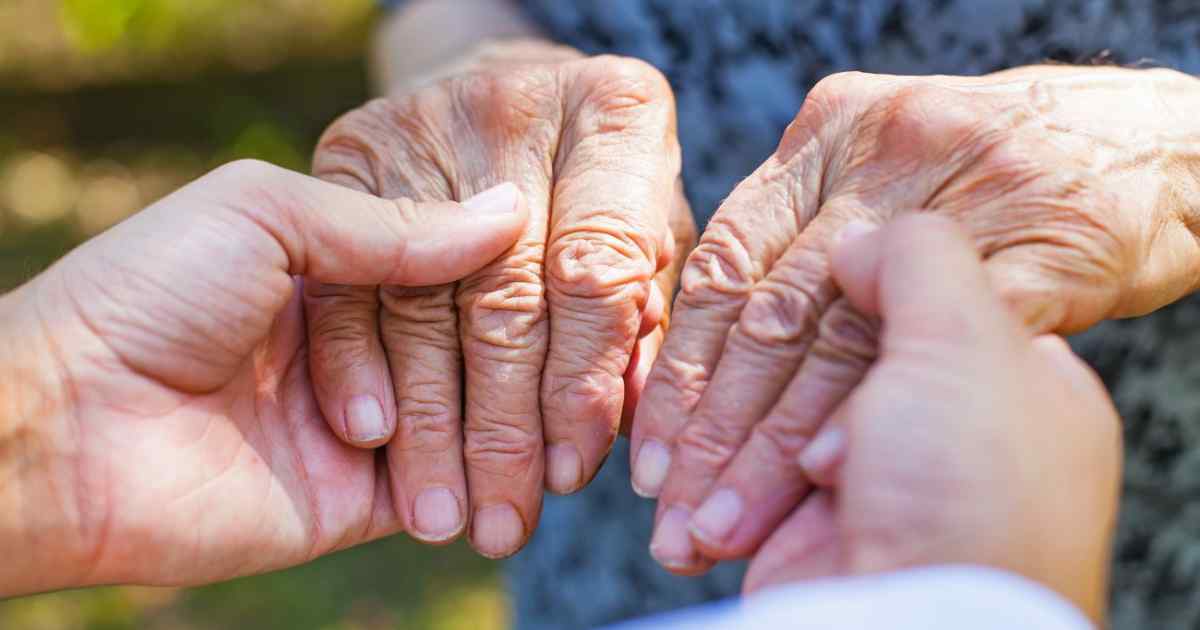Supporting a loved one with Parkinson’s disease can be challenging but rewarding. It requires understanding, patience, and knowledge of the condition. Start a search today to learn more about how to support a loved one with Parkinson’s disease.
Parkinson’s disease can change a lot of things in a short amount of time. This article provides practical advice and compassionate guidance for caregivers. From daily care tips to emotional support strategies, it aims to empower you in this role.
Educate Yourself
While it is important to learn everything that you possibly can about Parkinson’s disease in order to help your loved one, knowing about the disease itself will not be enough. It’s important to educate yourself on the most recent health care information, as well as your legal rights and responsibilities as their advocate. If you’ve been appointed their guardian or legal power of attorney, you’ll need to be extremely familiar with the terms of their medical insurance, as well as any disability coverage they may be eligible for. Many of these policies vary state-by-state, and are updated on a regular basis, so it’s vital to make sure that you’re working with the most accurate information.
Coping with PD
Helping out a loved one with Parkinson’s disease can be as simple as helping them walk, ensuring that they’re able to eat their food and take their medication, and helping them make modifications on their home and vehicle so they can maintain their independence as long as possible. These things that most people take for granted are infinitely more complicated when you add in the tremors, gait problems, and cognition issues that most people with Parkinson’s experience.
At least 50 percent of people with Parkinson’s experience issues swallowing, which means that eating unsupervised can be quite dangerous, and many people have problems walking normally or standing without falling. As the symptoms progress, it may become impossible for your loved one to eat, walk, and sleep unattended, so eventually you’ll need to look into hiring a caregiver, or rearrange your schedule so you’re able to be present day and night.
Changing your Home Environment
If you’re living with someone with Parkinson’s disease, you’ll need to modify your home once they start experiencing symptoms in order to maximize their independence and ensure their safety. Many people who have problems walking can get tangled up in carpets, so bare floors are much safer. Lamp and other movable objects should always be placed against a wall, or somewhere else where they can’t get knocked over. Eventually, your loved one may need the assistance of a wheelchair or walker, which will require further modifications including moving furniture and wires and ensuring there’s an adequate ramp or lift into the house. There are many other little changes that you can gradually implement which will ensure access to the bedroom, bathroom, and kitchen, even when mobility is impaired.
Communication Techniques
As your loved one’s disease progresses, it’s natural that your relationship will change. This may be due to cognitive changes or mobility impairment, but a lot of times the move from a mutual relationship to one with more responsibility on one side can be a major adjustment. Parents suddenly finding themselves reliant on their children is extremely common, as is spouses finding themselves as the caregiver for their spouse.
Having a conversation with your loved one about their care, and your role in that is an important place to start. It’s important to take care of them as much as possible, but you should always respect their wishes with regards to their care. If you’re unable to effectively communicate or find yourselves at an impasse, a family therapist may be able to help you find the tools you need to come to a place of mutual understanding.
Stay Organized
With a major condition like Parkinson’s disease, your loved one’s doctor will usually recommend several medications, therapies, and treatments that they think will help with different symptoms. This can mean that your loved one is bouncing between their general practitioner, a speech therapist, a psychotherapist, a nutritionist, and a physical therapist all in the same week. Having someone there to take notes, and act as an impartial pair of eyes is extremely useful, especially during the later stages of the disease when their cognition may be impaired. Staying on top of appointments and medications is extremely important.
Maintain Social Ties
When a person is diagnosed with a life-changing illness, it’s natural to take some time to adjust as a family unit. However, it’s important that a person with Parkinson’s disease maintains social ties, and is an active participant in the world outside their home.
One way that you can help your loved one is by encouraging them to get out of the house and participate in hobbies and activities that they enjoy. You can also be a bridge-builder between your loved one and their friends and family by encouraging visits and social time with people outside of the house.
Care for Yourself
One of the most important aspects of being a caregiver for a loved one is learning how to take care of yourself at the same time. Watching a loved one struggle with Parkinson’s can be an emotionally trying experience and maintaining your own physical and mental health is extremely important. Having alone time, practicing self-care, and maintaining your own hobbies and interests isn’t selfish — they’re necessary practices if you’re going to continue giving your loved one the care, love, and attention they need. Reaching out to a therapist, or a support group is a great idea since both are safe places where you can express your feelings in a secure, supportive environment.
